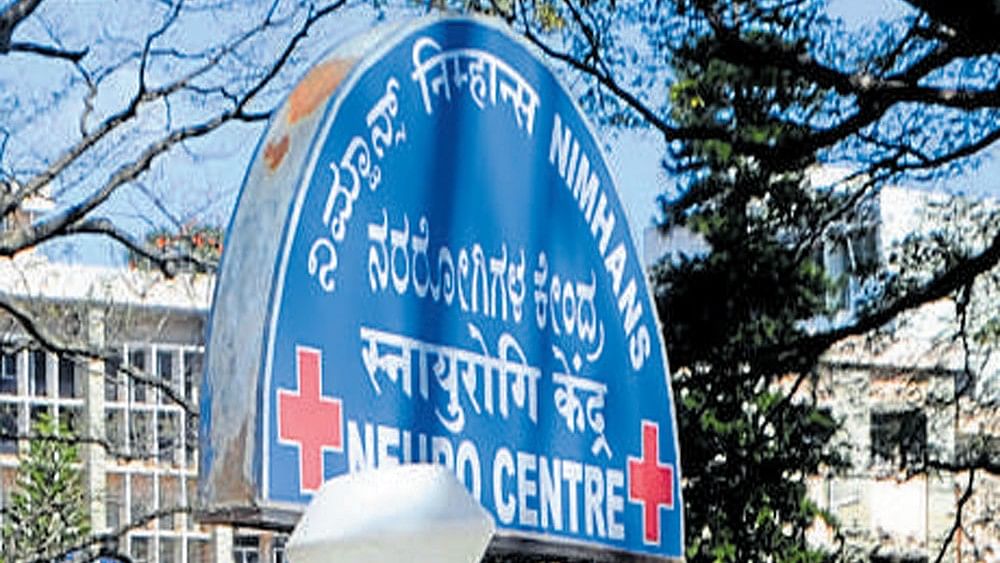
Nimhans Director Dr Pratima Murthy stressed the urgent need for research and intervention as suicide rates continue to rise across the country.
Credit: DH Photo
Bengaluru: Health Minister Dinesh Gundu Rao on Tuesday said the government can partner with Nimhans to devise a statewide programme to identify people most vulnerable to suicide and find out areas of high focus for prevention.
"We need more counsellors, and it must become socially acceptable for people to express that they are feeling depressed, upset or mentally distressed. By using data analysis, we can create a programme that not only helps prevent suicides, but also supports individuals facing mental health challenges," he said.
Rao made these remarks during the inauguration of the NIMHANS Suicide Prevention, Research, Implementation, and Training Engagement (N-SPRITE) Centre on World Suicide Prevention Day 2024, on Tuesday.
The centre aims to take a multi-disciplinary approach to suicide prevention by developing evidence-based guidelines for intervention, conducting research and building capacity through healthcare provider training. It will establish self-harm registers and implement digital mental health assessments in state-run hospitals.
The centre will also implement scalable, community-based interventions for suicide prevention and focus on policy advocacy, making suicide prevention a priority in the country’s public health agenda.
Nimhans Director Dr Pratima Murthy stressed the urgent need for research and intervention as suicide rates continue to rise across the country.
According to National Crime Records Bureau data, 1.7 lakh people died by suicide in India in 2022.
"We need to engage communities to look at suicide as something preventable and need to build self-confidence in children, starting from schools and homes,” Dr Pratima said.
“We must help people choose hope over despair, help over helplessness, seriousness over sensationalisation, and sympathy and empathy over shock and stigma.
“We need to go beyond urban healthcare facilities and into workplace settings, educational institutes and prisons," she added.
Some of the suicide prevention initiatives
· Self-harm registers to collect data on self-harm incidents across state-run hospitals.
· Digital mental health assessments to integrate mental health evaluations into routine hospital care.
· Mental health training for healthcare providers with training modules to enable healthcare workers identify patients at risk.
· Workplace mental health focusing on promoting mental health and support systems in workplaces and providing training and resources for employers and employees to recognise early signs of distress.
· Community-based suicide prevention initiatives to engage local communities through education, awareness programmes and support networks.